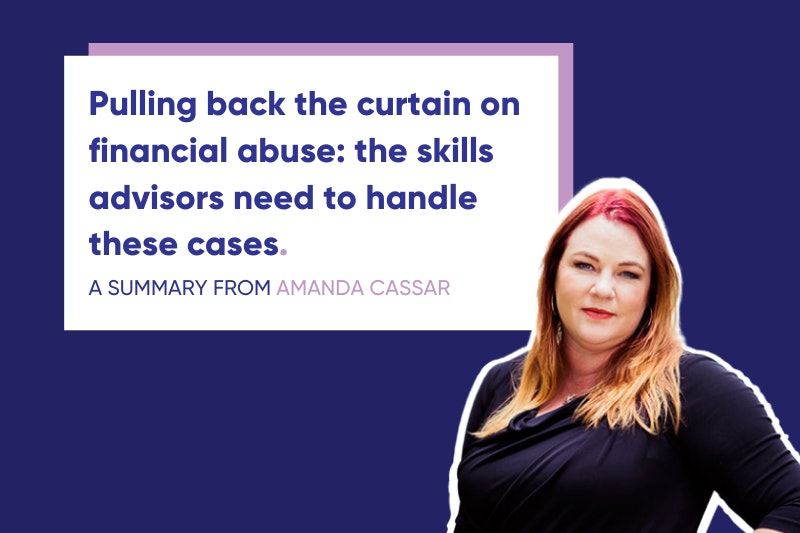Are you teaching your kids how to manage their money? Teaching our children about money is vital. Do you know how to teach your kids to manage money?
When interviewing for her book “Financial Secrets Revealed,” Amanda Cassar found most of us haven’t been taught how to manage money by their parents. Are you self taught? And what do you intend to teach your kids about managing money? It’s a question worthy of thought.
Times have changed
So, with technology come change. Can you think of the last time your children purchased something using cash? Or saw you use cash? Apple, GooglePay and pay later schemes have given us multiple options to choose from. It has made handing over cash a thing of the past.
With contactless payments becoming increasingly popular, many parents are struggling to help children understand the real value of money.
How do you teach your kids to manage money?
So, start by setting an example and putting thoughtful consideration on what you do and say about money in your home. Amanda explains “our children are sponges, so we need to be careful about how we speak. Be mindful of the messages they receive about money”. Are you teaching your children to manage money? And manage it well.
And, how your children perceive managing money all depends on how and how often you talk about money. Do you give the perception that managing money is difficult? Do you make it private or secretive; easy or burdensome, or associated with negative emotion? Most people have heard the expressions “Money doesn’t grow on trees, it takes money to make money.” As parents are we building a scarcity mindset or one of abundance? Our choices and words matter.
Because, being transparent about finances can help turn negativity into less daunting subject. And, be sure to show how it can be successfully managed and have value.
Emotions and money
And, you can help your kids understand the emotion around money. Explain the psychological aspect of why they want to spend. Explain hurdles and obstacles they will face in life. Start with something as easy like getting caught up in FOMO (fear of missing out.) Understand the urge to spend to keep up with their friends. Keeping up with the latest trends or what everyone is buying to maintain their image is a trap. Ask for their perspective.
And know, these pressures can be really hard control emotionally. But, it’s important our children are given the tools to understand why they want to purchase something. And whether the item or memory will hold value for them.
And finally, teach your children to make smart, practical choices with how they spend their money. Show them how to implement a thought process when making purchases. Teach them to stop, pause and think about why they want to purchase an item. Ask the question “Is it worth exchanging this money for this item? Or should I save it and use it for something else?”
Learning to make conscious choices is a really important tool to help children value money, especially if they can’t count it in their hands like cash.
So, for more ideas or assistance, reach out to your Robina financial advisers, Amanda Cassar and Mitchell Cassar at Wealth Planning Partners on the Gold Coast.





 February 14, 2024
February 14, 2024 




















